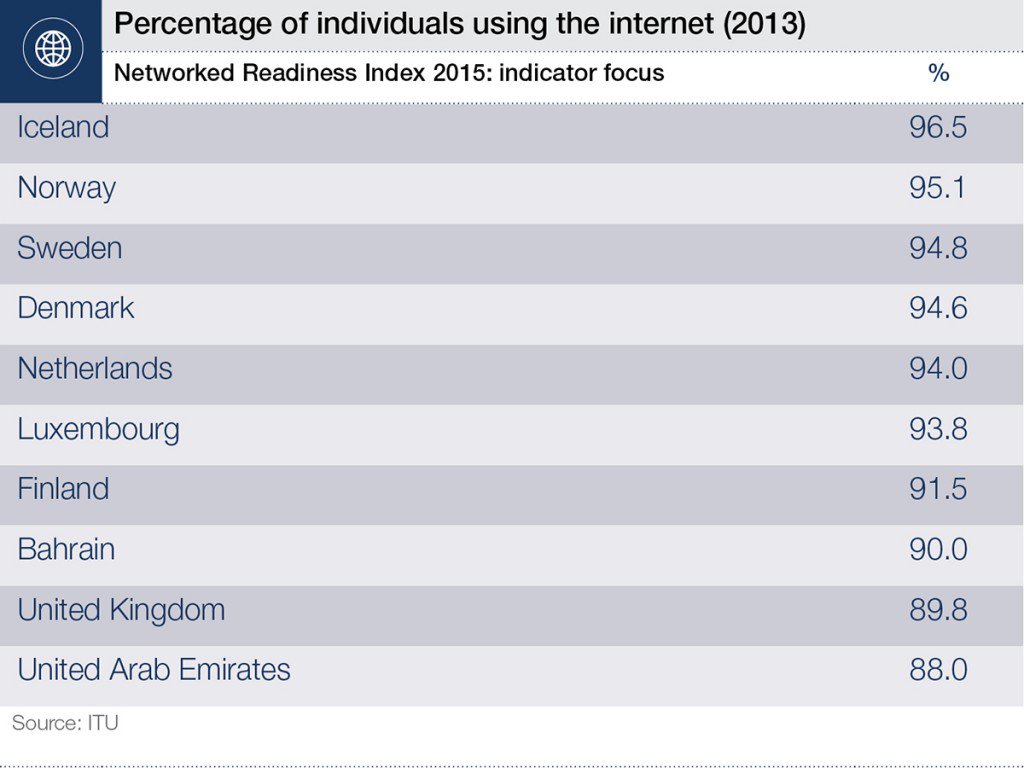
I “see” the market through the lens of four primary metrics: fundamentals, technical, structural and psychology.
When viewed in isolation, each of those approaches has inherent flaws.
1. Fundamentals are best at the top and worst near a low.
2. Technical indicators often trigger buy signals higher, on breakouts, and sell signals lower, after a stock has broken down.
3. Structural factors — debt, derivatives and currency effects — can self-sustain in a cumulative manner until such time they overwhelm the system.
4. Psychology, such social mood and risk appetites, can gain momentum until they snap under the weight of the herd mentality.

 The goal of any trader is to turn profits on a regular basis, yet so few people ever really make consistent money as traders. What accounts for the small percentage of traders who are consistently successful is psychological—the consistent winners think differently from everyone else.
The goal of any trader is to turn profits on a regular basis, yet so few people ever really make consistent money as traders. What accounts for the small percentage of traders who are consistently successful is psychological—the consistent winners think differently from everyone else.



 In general, I find there are two kinds of traders. The first kind trades visually, from patterns that are evident on visual inspection. Those include chart patterns, oscillator patterns, Elliott waves, and the like. Their trading decisions are discretionary, in that they elect to buy, hold, and sell based upon their perception of patterns and their judgment as to their meaning.
In general, I find there are two kinds of traders. The first kind trades visually, from patterns that are evident on visual inspection. Those include chart patterns, oscillator patterns, Elliott waves, and the like. Their trading decisions are discretionary, in that they elect to buy, hold, and sell based upon their perception of patterns and their judgment as to their meaning.
